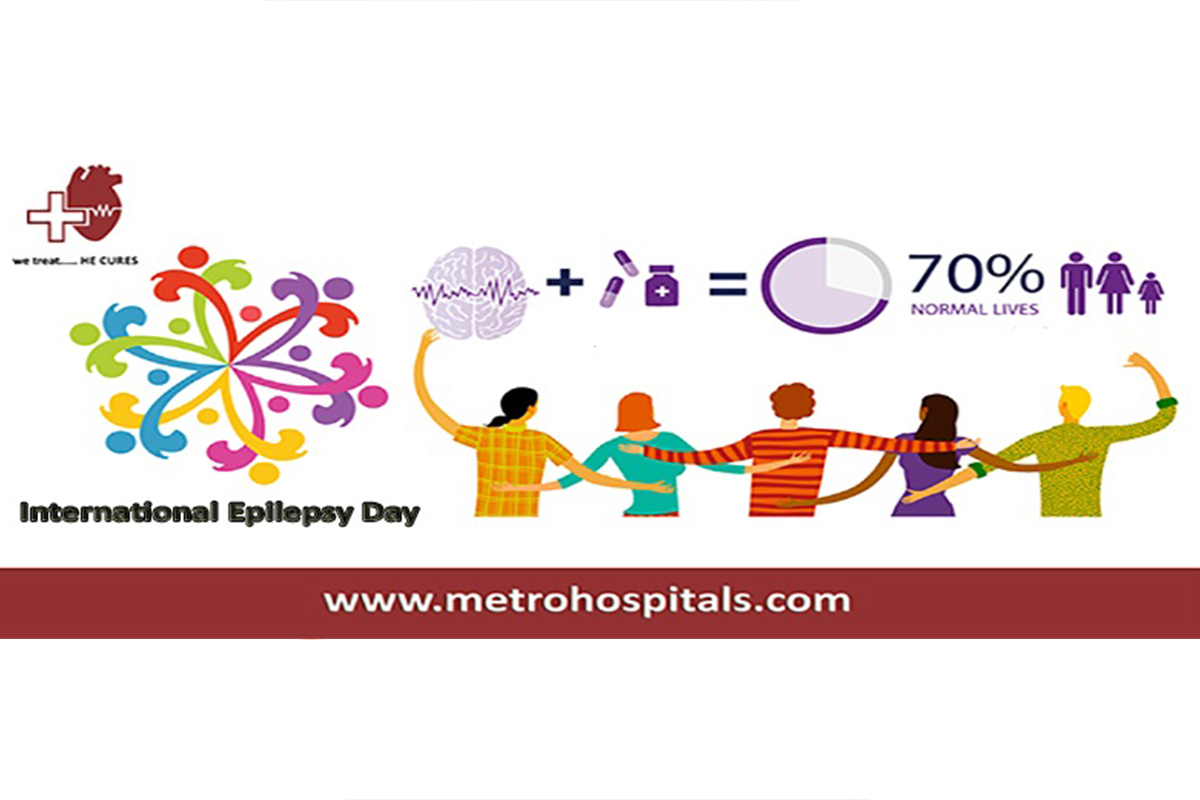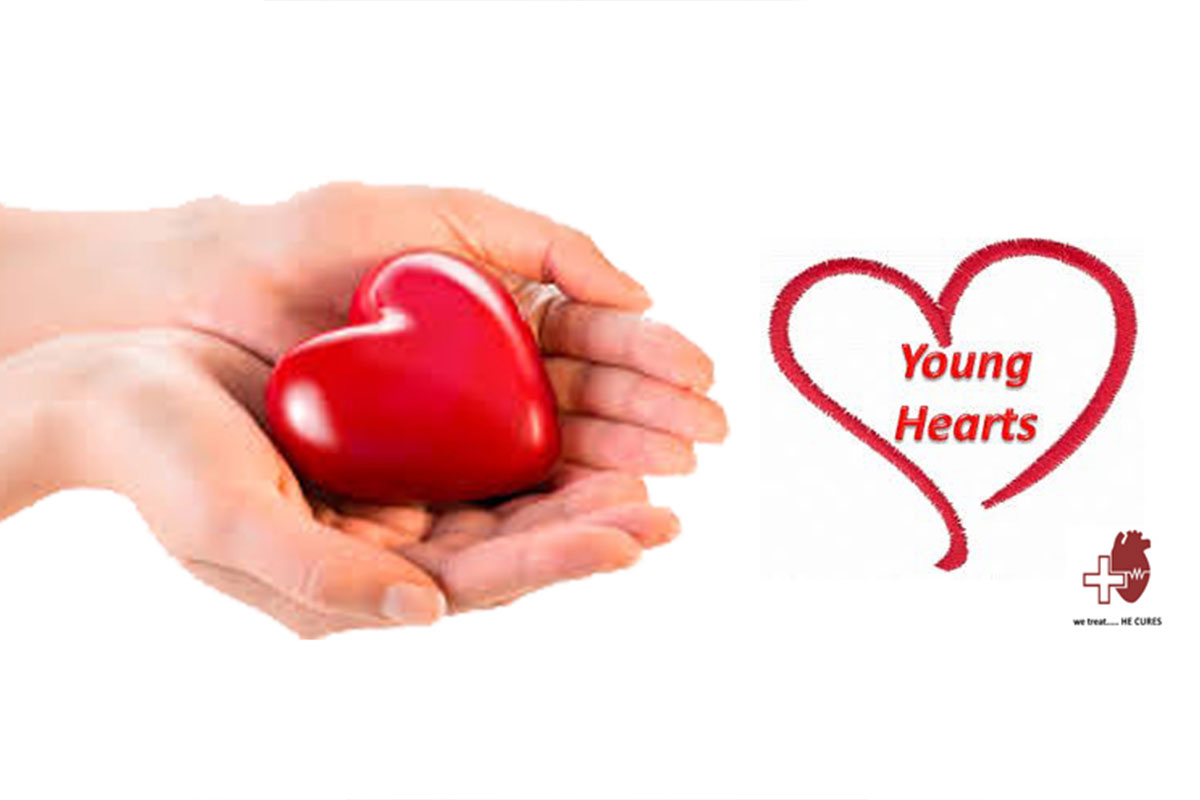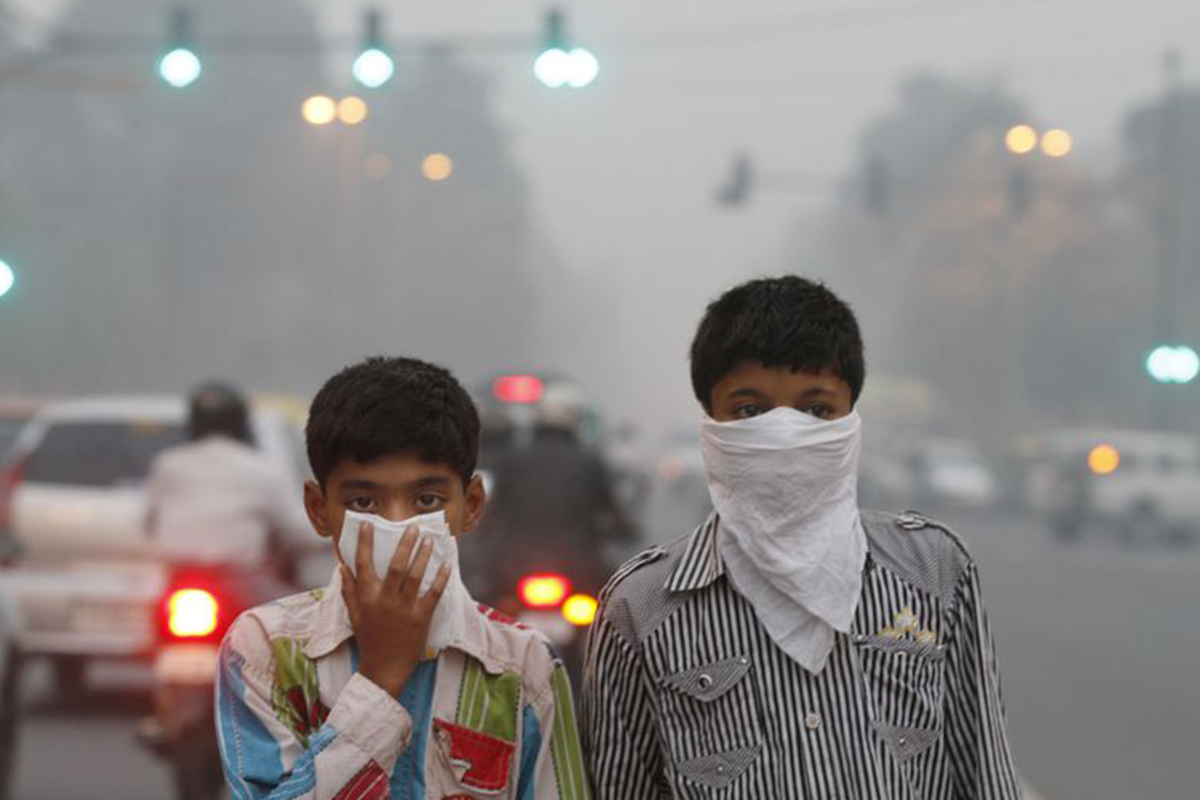
International Epilepsy Day
By in Neurosciences Neurology
Feb 13, 2018
It’s not always possible to recognize a seizure. Not all the seizures include the unusual movements of the muscle or convulsion. So to educate people on a large scale, second Monday of February is celebrated as International Epilepsy Day in the world every year. The day not only educates and makes people aware about this neurological disorder but also tell them that there’s an urgent need for the treatment and care. The day put light on the problems faced by people living with epilepsy and the problems faced by their family members.
All you need to know about Epilepsy:
- Epilepsy is also known as ‘seizure disorder’. It is a chronic non-communicable disease of the brain which is identified by recurrent unprovoked seizure. This disease doesn’t discriminate based on age; it can affect anyone belonging to any age.
- There are various scenarios in which the patient suffers from epilepsy along with other psychiatric illness such as ADHD, Autism, learning disabilities, etc. There is no such prior warning for the occurrence of Epileptic seizure, though some people have the semblance about the seizure before its occurrence.
- Approximately 50 million people are suffering from epilepsy all around the world, making it one of the most common neurological disorders globally. In about 50% of the cases the actual reason is still not known.
Epilepsy in India:
- Nearly 50 million people are suffering from Epilepsy all across the globe, making it the most common neurological disorder in the world. It has been observed that more than 85% of people who suffers from epilepsy belong to low-income countries which include India also.
- In Indian subcontinent, ‘Neurocysticercosis (parasitic disease of the nervous system)’ is subject to 30% of seizure disorders. In India, 12 million people suffer from epilepsy making it to one sixth of the global burden. The number of people who are prone to suffer from epilepsy in India is around 14 people per 1,000 populations. The higher estimates include children, young adults and people from rural areas.
- Around 95% of the population in India doesn’t receive any treatment for epilepsy. 60% of people residing in urban areas consult their doctors after a seizure attack, and only 10% people from rural areas consult doctors. The treatment for this disorder is long term as it takes nearly about 2 years of time. As we all know that once we feel free from the disease, we don’t bother to complete the medication course and thus stops the medicines and wait for the next episode to happen. Ideally this should not happen, and we should religiously follow the treatment plan recommended by doctor.
Sign and Symptoms of Epilepsy:
- Mumbling, dazed behavior, short blackouts
- Unusual body movements like nodding of head or rapid blinking, repeatedly
- Sudden and repeated fear or anger
- Frequent complaints about the things looking, sounding, smelling, tasting or feeling “Funny”
- Stomach pain followed by confusion and sleepiness
- Unusual sleepiness and irritability when woken up
- If you are encountering any of these symptoms, kindly consult the specialist, before it’s too late.
Preventive measures:
- In most cases epilepsy develops due to head injury, so it is very important to wear helmet while driving two wheeler vehicles for the prevention of any head injury.
- Immediate treatment should be taken when the symptoms begin
- Control over hypertension, diabetes, cholesterol level will help in preventing the disease.
- Intake of balanced diet, limiting the intake of alcohol and illicit drugs while quitting smoking also helps in the prevention of epilepsy.
- It has been observed that nearly 70% of people response to the treatment of epilepsy.







